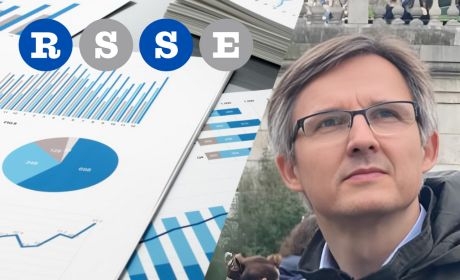Tomáš Cvrček (UCL) 5.12.2024
V rámci Research Seminar Series in Economics máme tu čest, že nám ve čtvrtek 5.12.2024 od 12:45 do 14:15 v místnosti RB437 bude přednášet Tomáš Cvrček (UCL) o „Was the Industrial Revolution censored in Austria before 1848? Industrial Revolution Uncensored: Institutional Change and Useful Human Capital in the Wake of the 1848 Revolutions.“
Registration is not required and anyone who would like to attend is warmly invited.
It is also possible to participate online via MS Teams at this link.
ABSTRACT: Challenging the existing consensus, I argue that the 1848 Austrian revolution represented a substantial development-enhancing institutional shock which operated not through the rule of law or the security of property rights, but through the expansion of upper- tail human capital. While the revolution was defeated, important liberalizing reforms persisted in the spheres of periodical press, technical education and knowledge-promoting voluntary associations. I combine data on the empire’s pre-1848 and post-1848 “information space” with data on the location of steam engines in 1841–1863 to establish the causal link between the post-1848 reforms and the diffusion of this important industrial technology.
BIO: Tomáš Cvrček received his PhD from Vanderbilt University in 2007. After an initial appointment to Clemson University in the United States, he has been, since 2014, an Assistant and then Associate Professor of Economics at the School of Slavonic and East European Studies of the University College London. His research focus revolves around the human capital aspects of economic development of Central and Eastern Europe, particularly the lands of the Habsburg Empire, in the 19th century. He has published research on the wages and living standards in the crownlands of the Habsburg Empire, as well as on the development of schooling. At the moment, he is investigating the relationship between the rise of technical schooling in the Austrian Empire and the diffusion of the most prominent industrial technologies, such as steam power.
